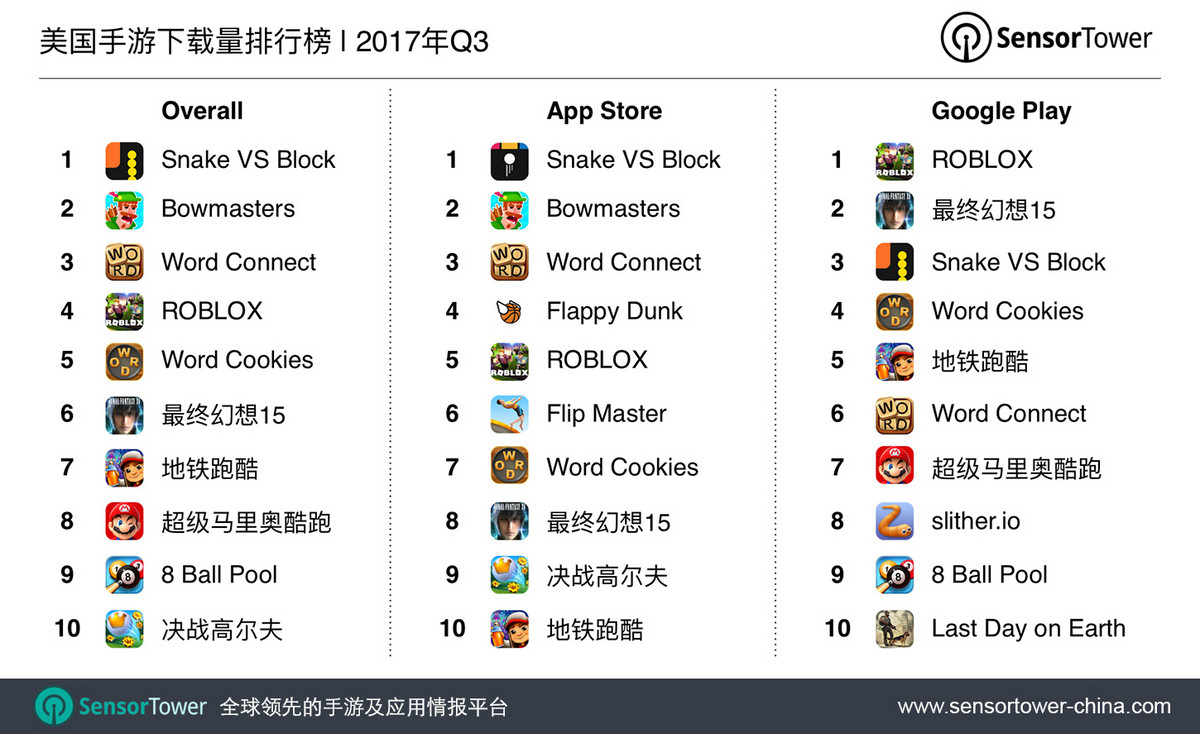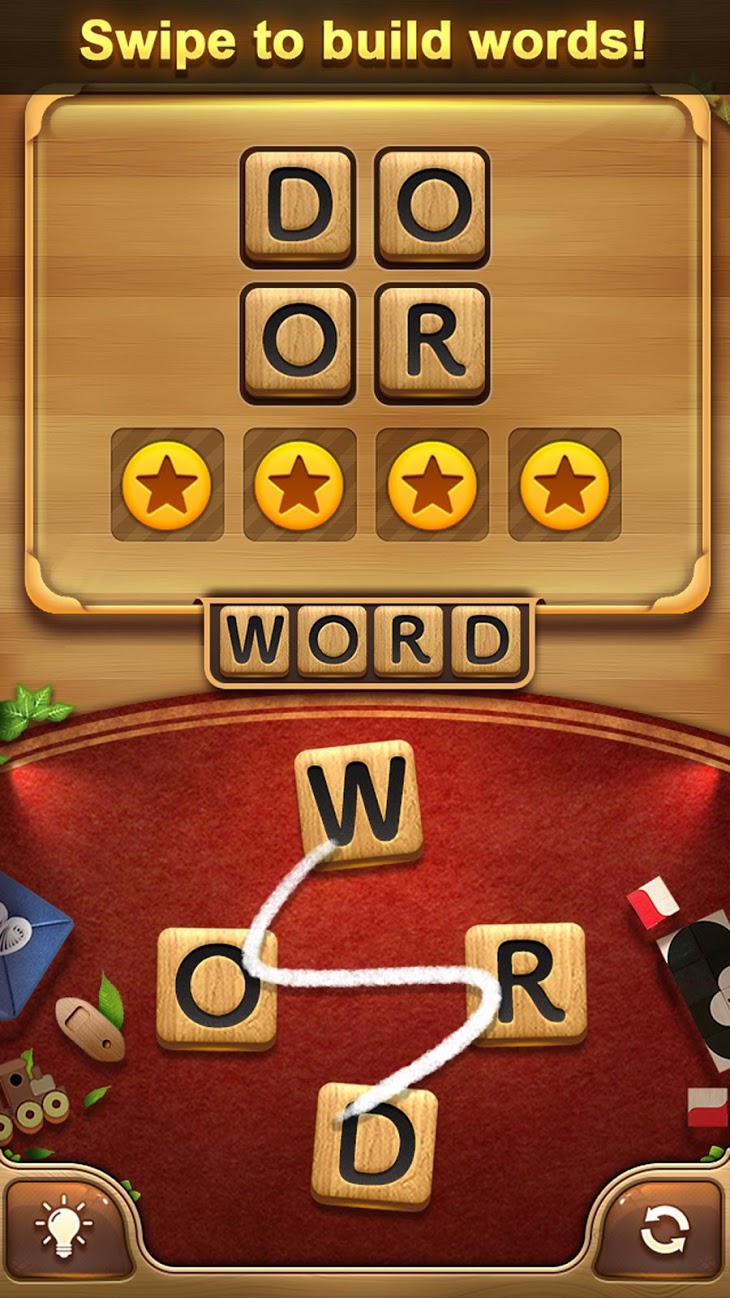Gaming, Mobile App Growth
Ask the Developer: How Chinese developer Zenjoy propelled Word Connect to the top 3 games in the US
Aug 22, 2018

Gaming, Mobile App Growth

For this installment, we sat down with Yang Zhe, Monetization Manager at Zenjoy, to talk about monetization strategies and how the company managed to propel its Word Connect game to one of the top downloaded apps in the App Store and Google Play. Zenjoy was established in Beijing, China in 2010 and has since grown its company globally with offices in the US, Germany, Japan, South Korea, and India. The company has seen massive success with Word Connect, which is currently ranked #1 in the word game category in the App Store in countries including Germany, France, Italy, Portugal, Brazil, and Spain.
Why did Zenjoy decide to create casual and word games? What has contributed to your successes?
Zenjoy emphasizes and invests heavily in research and development. Moreover, we put our products first. Only by improving the quality of our products through constant iteration can we succeed in the market. Our R&D efforts have hugely benefited us with huge successes in the casual and word games space, which allows us to be more competitive in this segment.

Editor’s note: In Q3 2017, Word Connect ranked #3 in the USA for overall mobile game downloads. The game also ranked #3 and #4 in the App Store and Google Play respectively and is the only mobile game made by a Chinese company to make the top downloads lists.
Word Connect is mainly promoted in big markets like America, Europe, and Japan. Why did you choose these markets to target and what were the opportunities and challenges?
Zenjoy has a specific data-based performance evaluation system that can predict and analyze the potential of each product in various markets. We also have a lot of experience in various key markets and we made adjustments to guarantee the competitiveness of the products. Beyond the American, European, and Japanese markets, we’ve made great strides in emerging markets thanks to our evaluation system. Bringing a game to emerging markets is always a challenge, but the strong brand we have helps us with launching future products.

When releasing games in overseas markets, how do you deal with localization? How do you ensure the games are culturally localized?
Since the beginning, our team has had lots of experience with localization. As the saying goes, “Don’t bite off more than you can chew.” We determine key markets according to our research and we prioritize the localization of our games for the countries we think will be most successful. Using Word Connect as an example, we knew that there were a lot of other games in the same category in emerging markets, but we were the first and only mobile game that was localized in minority languages, which helped us succeed. This is all thanks to the experience of the team in these key regions.
Why do you think Word Connect has been such a success?
The majority of our efforts to make Word Connect a success won’t be seen by most people. Our R&D process isn’t apparent, but it helps us make long-lasting games. Success isn’t an accident. We build games with respect and emphasis for each unique market as well as deeply integrating the experience we’ve learned from other products, turning them into new products and revenue streams.
“Success isn’t an accident. We build games with respect and emphasis for each unique market as well as deeply integrating the experience we’ve learned from other products, turning them into new products and revenue streams.”
Advertising makes up a huge proportion of revenue for casual games and we’ve accumulated a lot of knowledge over the years about how to integrate ads effectively. Working with a platform like AppLovin guaranteed long-term and stable revenue for each game and also allowed our team to focus more on R&D. At the same time, I want to stress that Zenjoy has made considerable efforts to improve user experience, which is the reason why we work closely with platforms like AppLovin, allowing us to learn and grow with each other. It’s a win-win situation.
When promoting casual and word games, what types of ads have you found work the best?
For casual games like Word Connect, we’ve found that more effort is required for crafting creatives. You want to show gameplay that reflects the core of the product and playable ads help grab the attention of users immediately. We have put a great deal of resources into the optimization of ads while maintaining a high-frequency update cycle for the long-term operation of our games. The close communication between our operations team and AppLovin’s client managers is critical for the real-time sharing of data and transparency. Both teams understand what it takes for the long-term success of Zenjoy’s games in the global market in this way.
We’ve noticed that Zenjoy has started creating games in the cooking category. What was the thinking behind the decision to get into cooking games and what’s next for Zenjoy?
Our tradition at Zenjoy has always been to follow the data and market feedback. We don’t blindly follow market trends and instead focus on R&D, which has resulted in the high rate of success for our products. Most people won’t see how many games we weed out because they don’t pass internal examination. If they don’t meet our requirements, we won’t hesitate to stop production, which lets us stay competitive in this market.